Visit or Call Our Sleep Guide Texas Showrooms
Our Texas Showrooms Are Here To Help With All Your Favorite Online Brands! And We Offer Exclusive Coupons To Save More!
Learn MorePlease note, we are proudly supported by our readers. The product links are referral based and if you purchase an item we make a small commission. For more information please see our disclosure page.
Our site uses cookies to improve your experience, continuing on our site means you agree with our cookie policy Read More
I agree
In her case, midnight warbling was a problem. It was easily understood and said front of two witnesses. Fortunately for most of us, talking in our sleep isn’t dangerous nor confessional – and not usually not very intelligible. I’ve been doing it since childhood. And as a guy who writes a sleep blog, I figured I should learn more about it.
My first research stop was a well-known medical website, one where I’ve found good information in the past. This time they fell a little short. One of the lead sections is headed (and this is true), “What are the symptoms of sleep talking?” If you think about it, that’s not exactly a Final Jeopardy question. My own (correct) first guess was probably the same as yours. Sure enough, the “symptoms of sleep talking” are…wait for it… saying words in your sleep. I decided maybe an intern wrote that section, and I moved on to other sources.
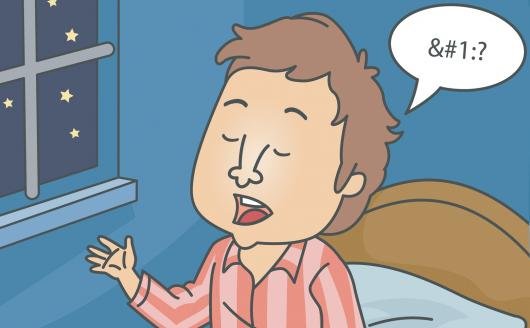
I have some question about the accuracy of the figure. If you sleep alone, how would you know if you talk in your sleep? The definition of somniloquy is that you’re not aware of it, so evidence comes only from someone who hears you. For that reason, I suspect it may be a little more common than thought. If you think you might be an undiagnosed sleep talker, there is now an easy way to find out. You can download any of several voice activated apps to your phone. When activated they will automatically record any nighttime words.
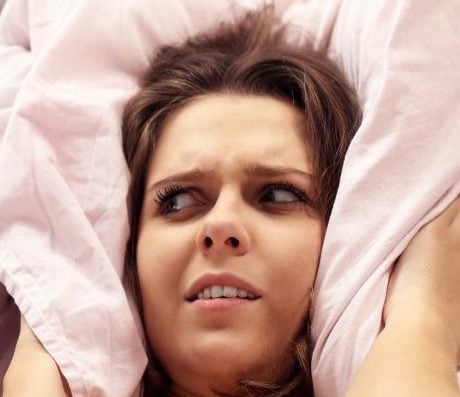

For most of us though, there no clear root cause is apparent, and our sleep talk words seem to consist largely of short, random babble, not connected with anything in our conscious experience. It does seem to run in families, though that doesn’t explain why we do it, or if our unconscious words mean anything.
Sleep talk can be triggered by a dream, but not necessarily. When sleep talkers are awakened mid-stream, they often say they were not aware of any accompanying dream images. Also, for both children and adults, sleep talking can occur in any stage of the sleep cycle. It happens even during REM sleep, when most muscular actions are disabled.

One sleep researcher, Arthur Arkin, likens it to a seal swimming underwater. The seal occasionally breaks the surface to bark a few times, then quickly re-submerges. In Arkin’s hypothesis, the REM state sleep talker breaks out of REM paralysis just long enough to say a few words, then quickly drops back into REM immobility.
My own sleep talk is reportedly similar to the seal’s barks – short bursts of a word or two, maybe a phrase, then back under. Unfortunately, none of my sleeping companions have ever said they heard anything from me that was worth the interruption to their own sleep.
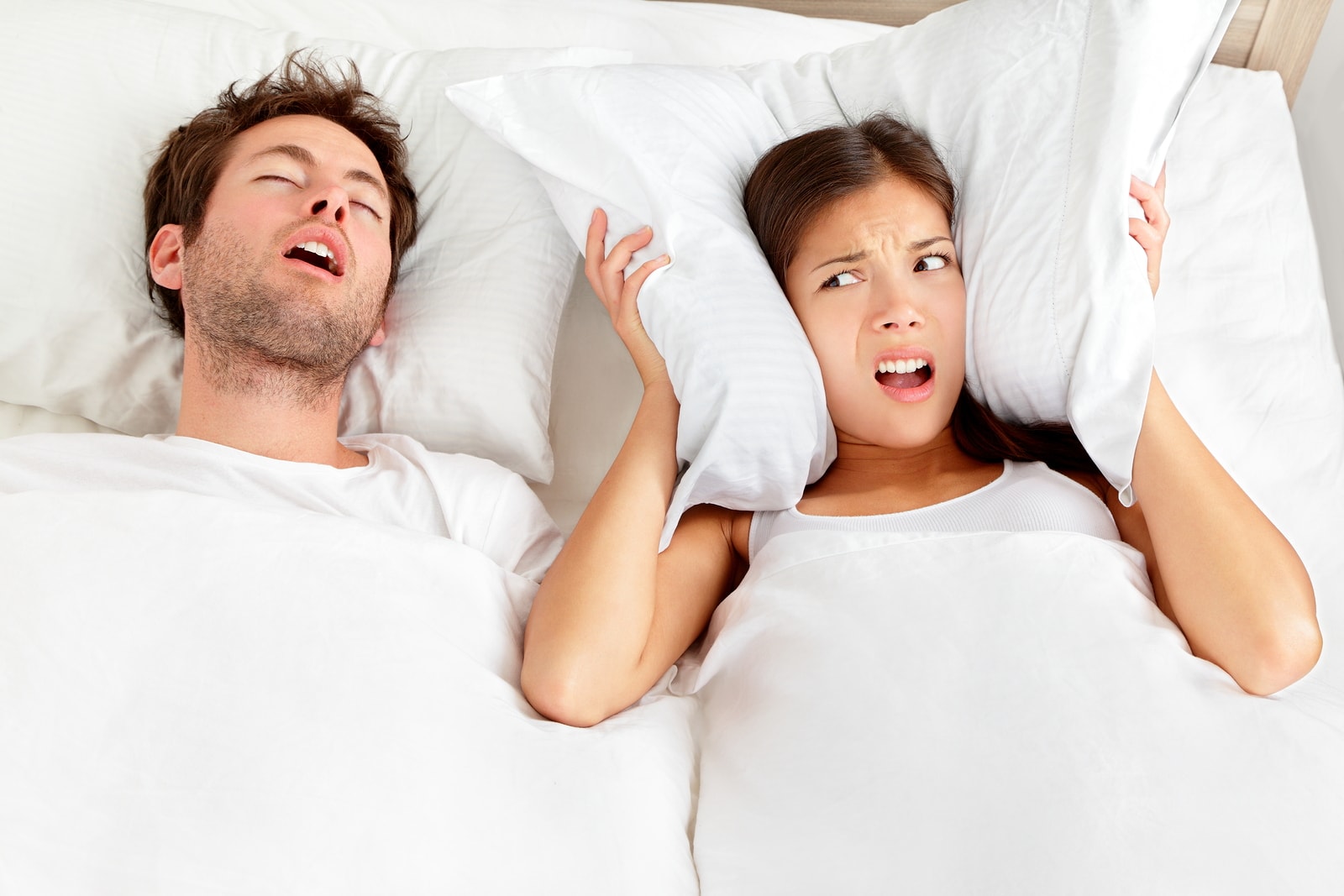
Did I really want to know if I was the sexiest guy she’d ever known? She would respond to me in the rational tone of voice her awake self would use to answer a question, but her sleep answers had no apparent relationship to what I asked.
For instance, she might patiently respond to the “sexiest guy” question by saying, “the toaster is hungry.” I never did find out my relative hotness rating. Maybe a good thing. Also, unlike Lady Macbeth, my wife never sleep-confessed to anything.
Not that it would matter – not even if she admitted she bumped off Jimmy Hoffa and accurately revealed his resting place. American courts have considered the matter, and they’ve decided sleep talk is not admissible evidence.
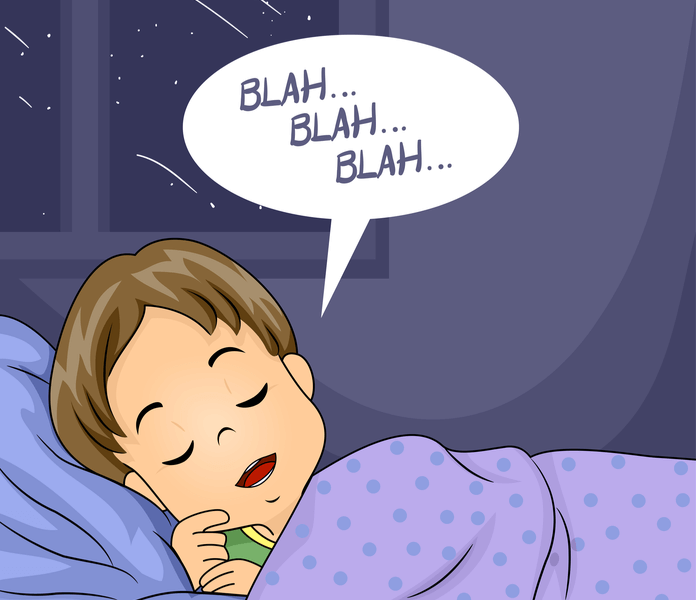
“Turn around, turn around. Spin that Lazy Susan and everybody takes what they want on it. All right. Turn it, grab it, grab, grab, grab. We’re playing food roulette. Food roulette. We have a poisoned eclair on there and somebody’s going to get it…”
And another goes on for six minutes, including McGregor assigning a 16 item Scavenger Hunt list:
“First one on there, a yellow robin’s egg. Second one, a wolf’s dream. Third, a Welsh shoelace. Fourth, a dirty napkin used by Garbo….”
Sounds like an avante garde poet, doesn’t he? One of the Harvard investigators said it was the first time he’d ever known a sleep talker go on that long without drifting off topic.
Adam Rosenberg, a Colorado filmmaker was curious. He’d often been told about his sleep talk, and he decided to record his own wisdom for an entire year. Some of it turned out to sound like jabberwocky rap – no discernable meaning, but delivered with impressive rhythm:
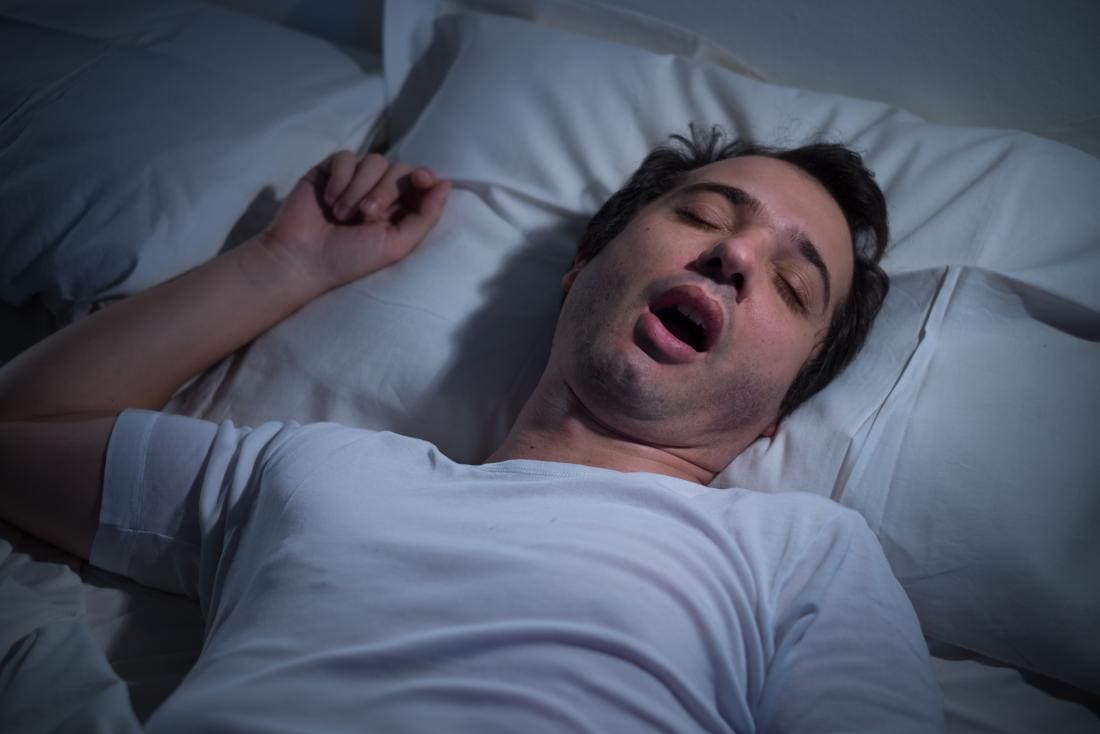
But other times he seemed to be accurately describing what he was seeing:
“So that’s where farts go!”
We might not want to know where they went, but it’s clear that sleeping Adam was visualizing a destination that seemed real to his brain. You can see and hear more on his Youtube recording, some of it a little risqué.
The internet, including its many Youtube creators, brings sleep talkers, researchers, and others together in a way not possible earlier. There are websites focused on sleep talking, including recordings, content discussions and humorous examples. Check them out.
And If you think you might be similarly entertaining in your sleep, just download one of the recording apps mentioned earlier. I can’t predict customer demand, but your kids and your friends will probably enjoy it – at least the short version.
That’s it for now. In future we’ll look at a variant of sleep talking – sleep laughing.
Uncle CT
Our Texas Showrooms Are Here To Help With All Your Favorite Online Brands! And We Offer Exclusive Coupons To Save More!
Learn More
